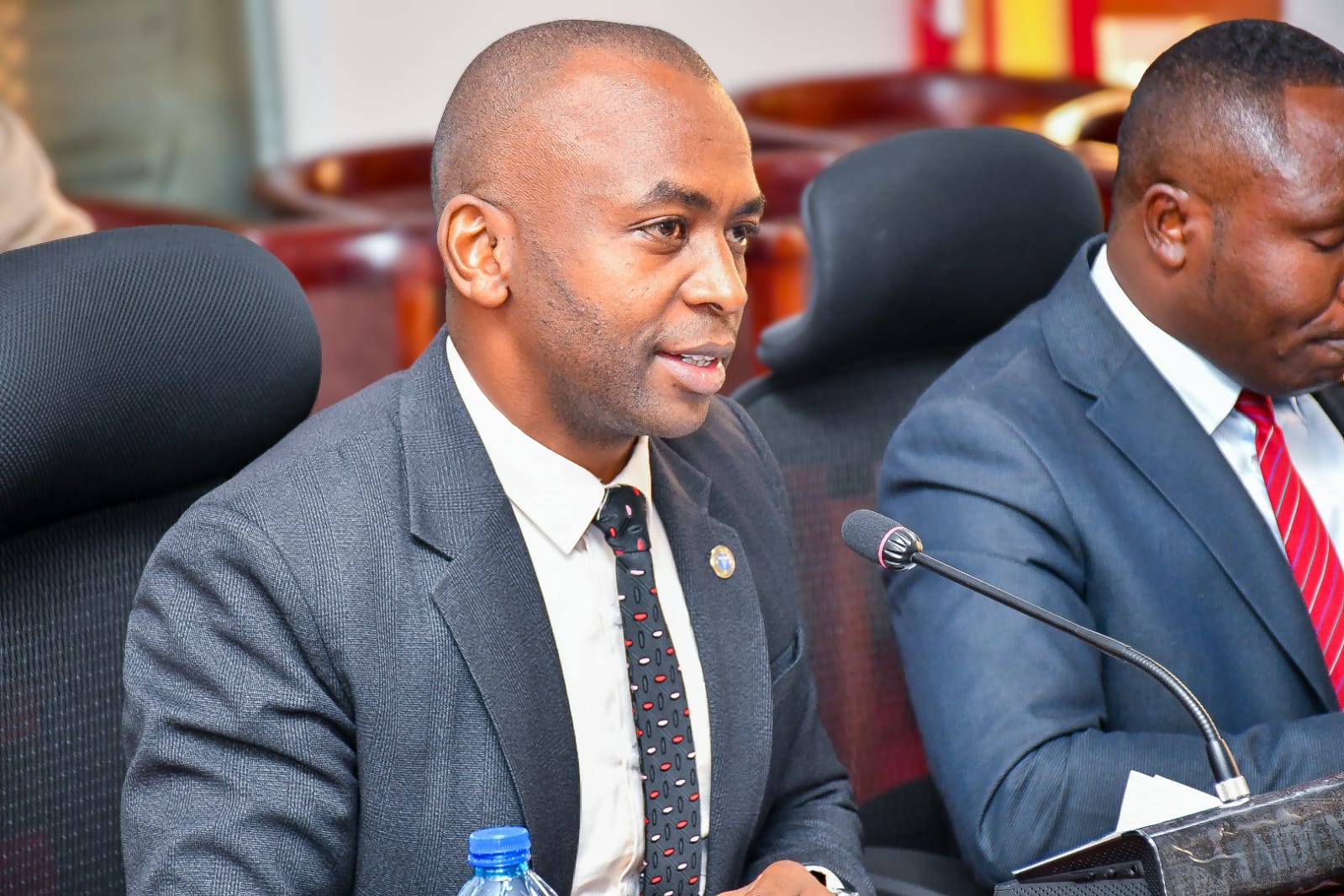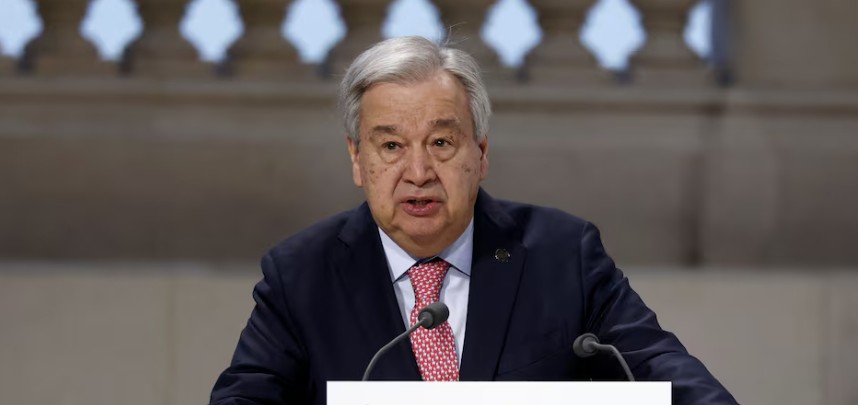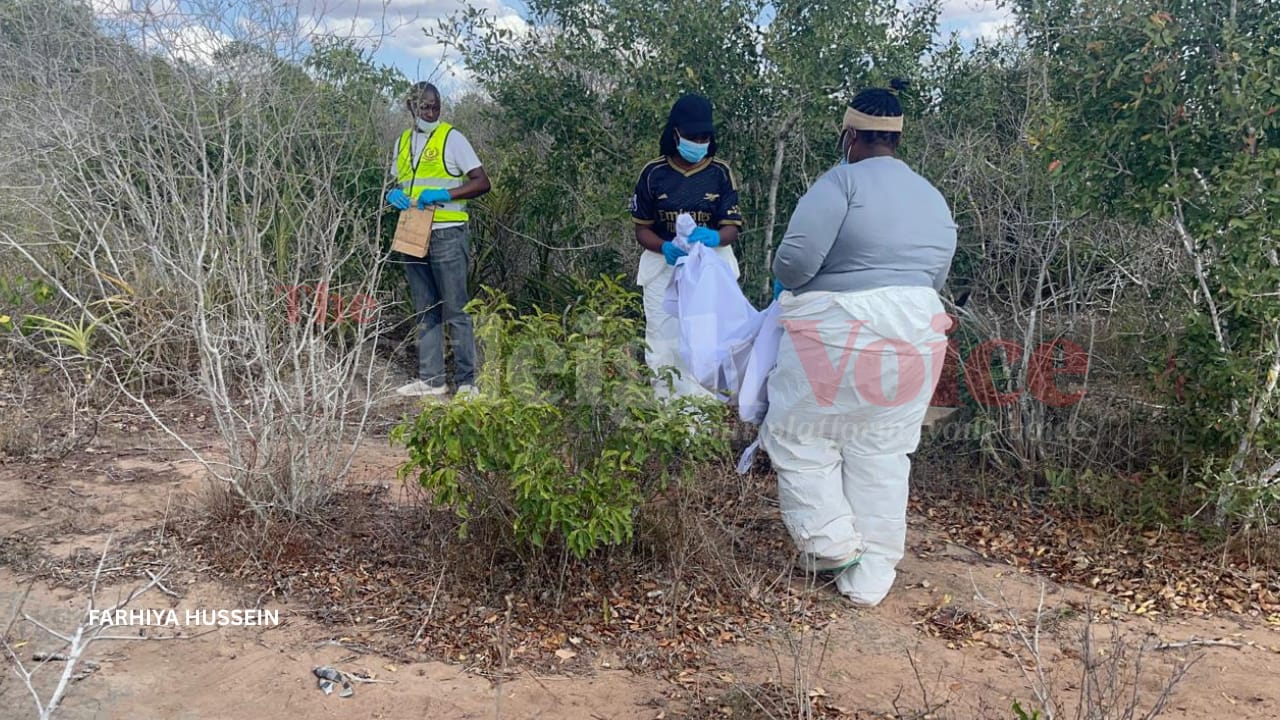Health unions oppose new healthcare bill, accuse ministry of sidelining professionals

The caucus is demanding that the Ministry of Health withdraw the bill and instead amend the Health Act 2017. It also wants Kenya to honour the Abuja Declaration of 2001, which commits countries to allocate at least 15 per cent of their total annual budgets to health.
Health unions under the Health Sector Caucus, comprising nurses, clinical officers, and other health professionals, have rejected the proposed Quality Healthcare and Patient Safety Bill 2025, calling it a redundant framework that threatens to undermine existing healthcare laws and institutions.
The unions argue that the bill, which seeks to create a new authority to oversee healthcare standards and patient safety, ignores already established structures and excludes key stakeholders from decision-making.
More To Read
- Garissa residents set to benefit as Balambala Hospital goes digital
- Uproar as CS Duale clashes with reporter over SHA claims
- Health lobby urges media to promote positive reporting on reproductive health
- Hospitals ordered to update bed capacities, wait for 90 days before appealing downgrades
- Health ministry revokes internship placements for 348 nursing students over graduation issues
- Senators order crackdown on absenteeism in public hospitals
The Health Sector Caucus, bringing together the Kenya National Union of Nurses, Kenya Union of Clinical Officers, Kenya National Union of Medical Laboratory Officers, Kenya Union of Nutritionists and Dietetics, Kenya National Union of Pharmaceutical Technologists, and the Kenya Health Professional Societies, represents thousands of healthcare workers across the country.
Speaking during a press briefing, the caucus chairperson, Peterson Wachira, accused the Ministry of Health of pushing the bill without meaningful engagement and giving the public only one day to submit their views.
“We have seen a precedent where policies and legislation in the health sector are done secretly,” Wachira said.
“We have been given only one day to give our comments. It’s a charade and a political process. We know that public participation is as good as ourselves not attending, because we know they are not going to take our input into consideration.”
The bill proposes the establishment of a Quality Healthcare and Patient Safety Authority, a powerful new body to register, license, and accredit health facilities and enforce strict standards on hygiene, patient nutrition, and care. Facilities that fail to comply could face fines of up to Sh50 million or imprisonment of up to ten years.
The Ministry of Health says the law aims to fill existing regulatory gaps, particularly in areas such as ambulance services, medical aesthetic procedures, telemedicine, digital health platforms, and traditional and alternative medicine. It also seeks to enhance patient rights, restore trust in the healthcare system, and ensure stronger accountability for service delivery.
But Wachira warned the proposed legislation would cause regulatory confusion and open the door to corruption by duplicating existing laws and creating another government agency with overlapping functions.
“We observe that almost 80 per cent of the contents in the Quality of Healthcare and Patient Safety Bill 2025 are already provided for in other legislations and policies within the ministry, including the Health Act 2017, National Policy on Patient Safety, Health Worker Safety and Quality of Care, Public Health Act, Clinical Officers Act, among others,” he said.
The unions argue that the proposed authority would duplicate the role of the Kenya Health Professions Oversight Authority (KHPOA), a state body created under the Health Act No. 21 of 2017.
KHPOA is tasked with overseeing training, registration, and licensing of health professionals, ensuring quality of healthcare services, coordinating joint inspections, resolving complaints, arbitrating professional disputes, and promoting ethical healthcare practices.
The proposed creation of a new Healthcare Tribunal under the bill has also raised concern, with the unions warning that it would conflict with KHPOA’s mandate to resolve complaints and disputes in the sector.
Wachira noted that concentrating registration, licensing, and accreditation functions within one entity, as proposed in the bill, has historically led to corruption and misclassification of health facilities.
He called for a two-tier quality assurance system, with separate bodies for registration and licensing, and an independent one for verification and accreditation.
“There is therefore no need to bring in another SAGA when KHPOA can be improved to serve its purpose. Lack of operationalisation of KHPOA after seven years has been a deliberate act to create a perception that it can’t serve its purpose,” Wachira said, referencing a September 2022 court judgment by Justice Wesley Korir that directed amendments to the Health Act 2017.
Beyond legislation, the caucus cited systemic issues as the real threat to healthcare quality: underfunding, staff shortages, frequent strikes, poor digital infrastructure, and low morale among healthcare workers.
“Other issues include poor coordination between national and county governments, political interference, and over-legislation without the required implementation,” he added.
The caucus is demanding that the Ministry of Health withdraw the bill and instead amend the Health Act 2017. It also wants Kenya to honour the Abuja Declaration of 2001, which commits countries to allocate at least 15 per cent of their total annual budgets to health.
“This will ensure timely service to patients, motivated health workers, quality services, and ultimately satisfied patients,” Wachira said.
In addition, the unions called for the full implementation of Kenya’s commitments made at the 2013 Global WHO HRH Forum in Brazil. These include hiring 12,000 health workers annually, including nurses, clinical officers, doctors, lab technologists, nutritionists, radiologists, and health records officers, and employing 40,000 community health promoters.
“We demand that the government fast-track the amendment of the Health Act and the designation of KHPOA as the Quality of Healthcare Authority in line with Justice Wesley Korir’s judgment of September 2022,” Wachira said.
He further urged the government to operationalise KHPOA and the Kenya Health Human Resources Advisory Council, finalise and implement Collective Bargaining Agreements (CBAs), and sign Recognition Agreements to reduce service disruptions caused by strikes.
Top Stories Today











































